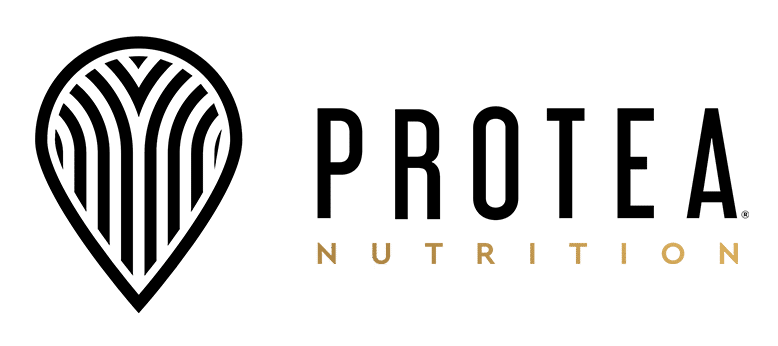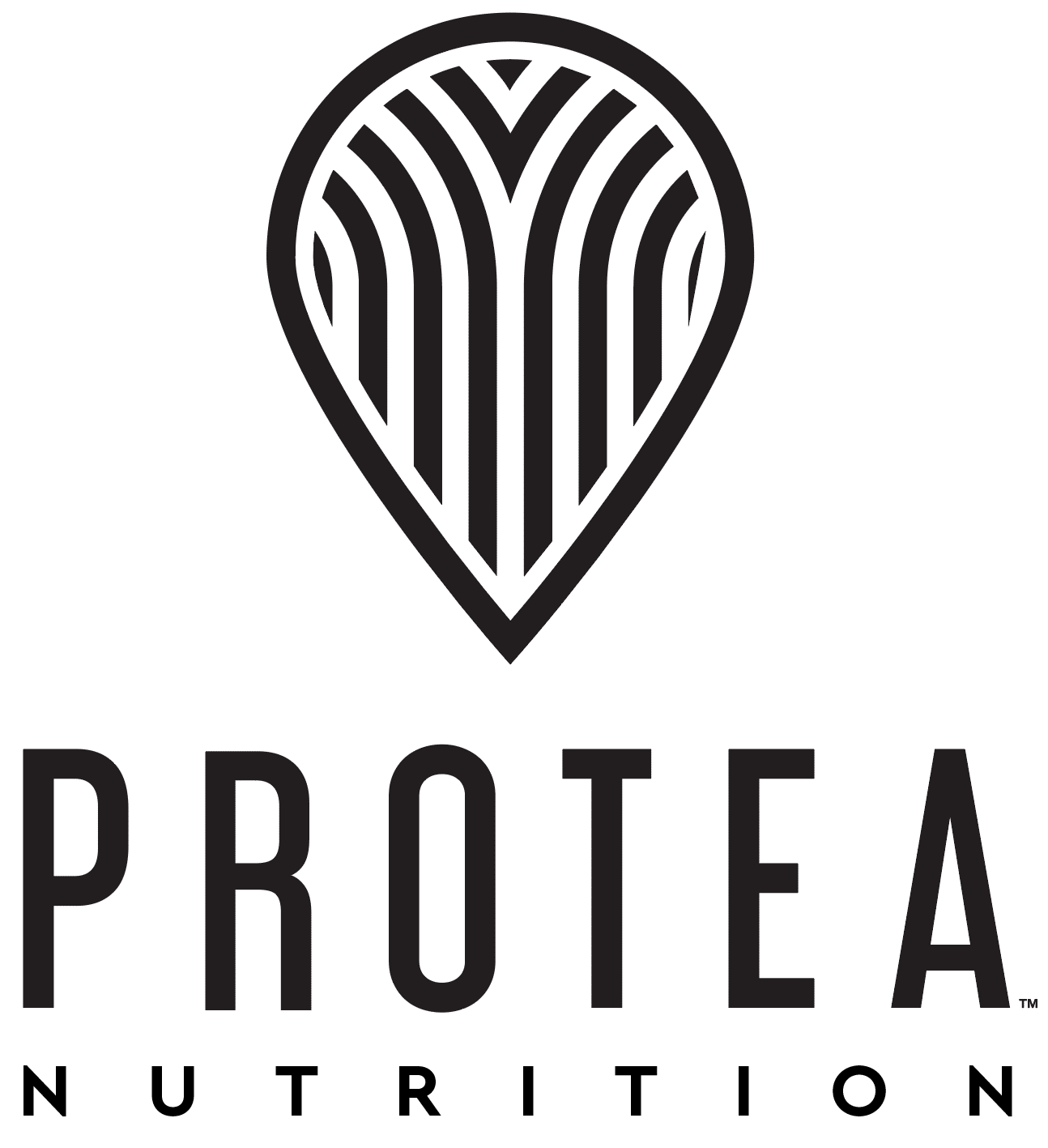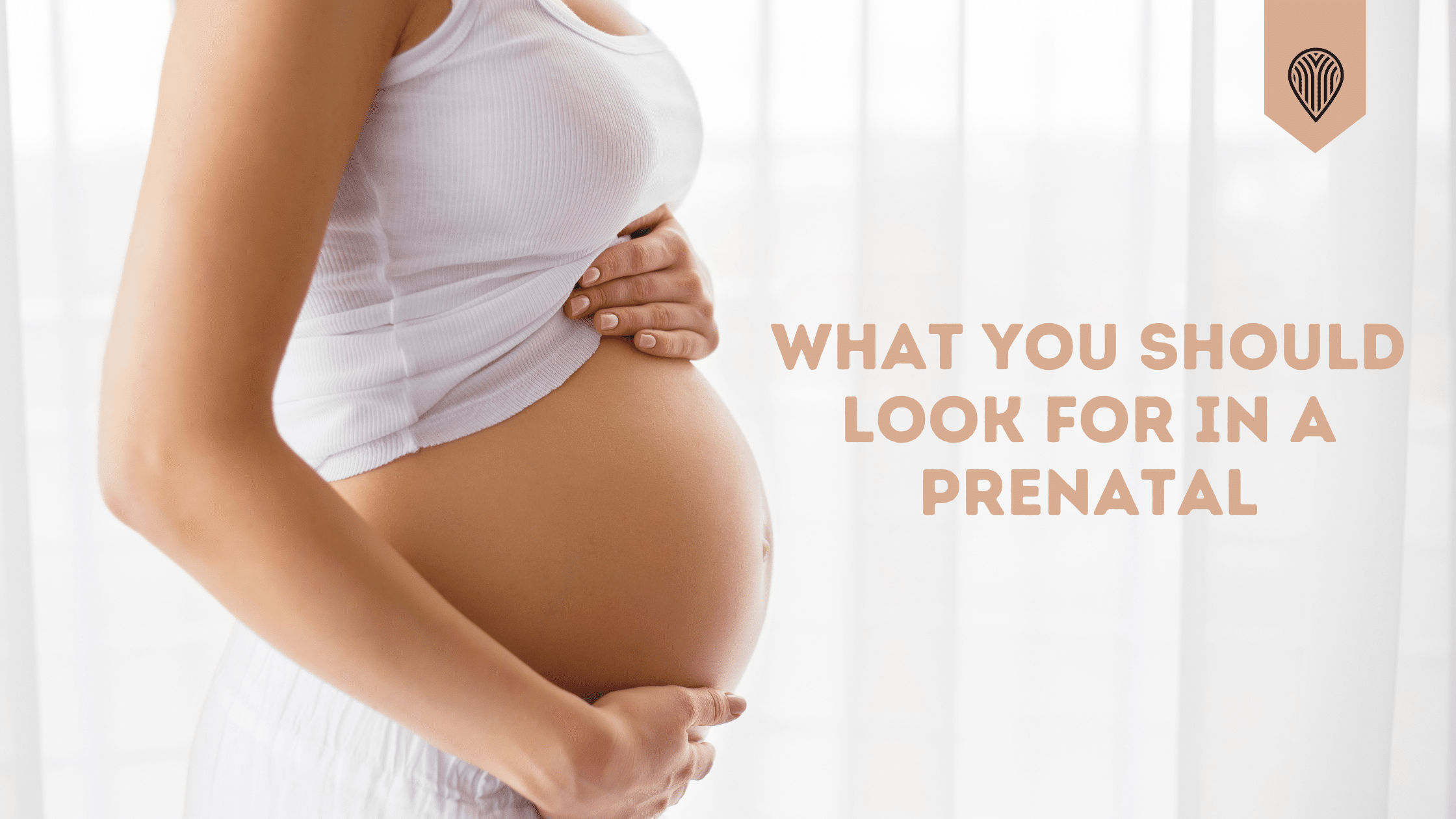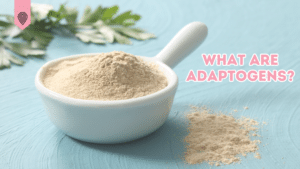With all the supplements on the market, it can be daunting when choosing the “right” prenatal. First, make sure the basics are included. As a minimum, the CDC recommends the following nutrients for pregnancy: Iron, folate, Vitamin A, Iodine, Zinc, and Vitamin D.
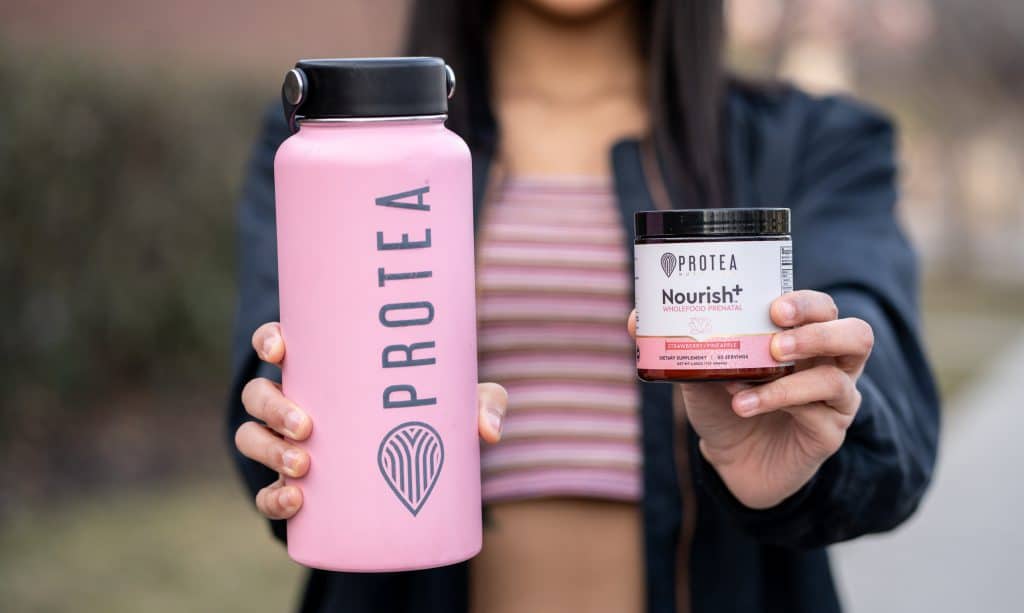
Iron
Iron is used by your body to generate hemoglobin which transports oxygen to your tissues. Your body needs more iron when you are pregnant because of the increased blood volume. To produce more blood and provide your baby oxygen, your body utilizes iron. You could develop iron deficiency anemia if your iron levels are insufficient or if you don’t acquire enough iron while you’re pregnant. In the United States, 1 in 6 women are iron deficient during pregnancy. (1) Low birth weight and postpartum depression are also linked to iron deficiency anemia during pregnancy. *
Folate
The creation of red blood cells as well as the growth and function of healthy cells depend on folate (vitamin B-9). The nutrient is essential in the early stages of pregnancy to lower the chance of brain and spine birth abnormalities.
Up to 60% of women have a deficiency in their MTHFR gene, which prevents them from correctly converting synthetic folic acid into active methylfolate. As a result, it’s possible that some women are not properly absorbing their B vitamins. For this reason, wherever possible, it is preferable to consume folate in the natural form of active folate rather than synthetic folic acid, either through whole food sources or supplements.(2) *
Vitamin A
The development of the circulatory, respiratory, and central nervous systems, as well as the heart, lungs, kidneys, eyes, and bones, all depend on vitamin A during your baby’s embryonic development.
For women who are preparing to give birth, vitamin A is especially important since it aids in postpartum tissue repair. Additionally, it boosts your immune system, fights infections, preserves proper vision, and aids in fat metabolism. During pregnancy, there is an increased need for Vitamin A of approximately 10% to 20%, and may be difficult to obtain through diet alone. (3) *

Iodine
The production of thyroid hormones in both the mother and the fetus requires increased iodine intake during pregnancy. This is crucial for baby’s healthy brain development.
Zinc
During pregnancy, zinc is crucial for the development of your baby’s cells and DNA. It supports appropriate development as your baby grows and is necessary for cell division and tissue growth. Taking zinc during pregnancy helps to slightly reduce preterm births. (4) *
Vitamin D
In pregnant women with low vitamin D levels, vitamin D supplements may promote fetal growth and lower the risk of gestational diabetes, preeclampsia, preterm birth, and small-for-gestational-age birth. (5) *
Nourish+ includes all of these vitamins and minerals and more to meet the nutritional needs of an expecting mother and her growing baby.
*These statements have not been evaluated by the Food and Drug Administration. This product is not intended to diagnose, treat, cure, or prevent any disease.
